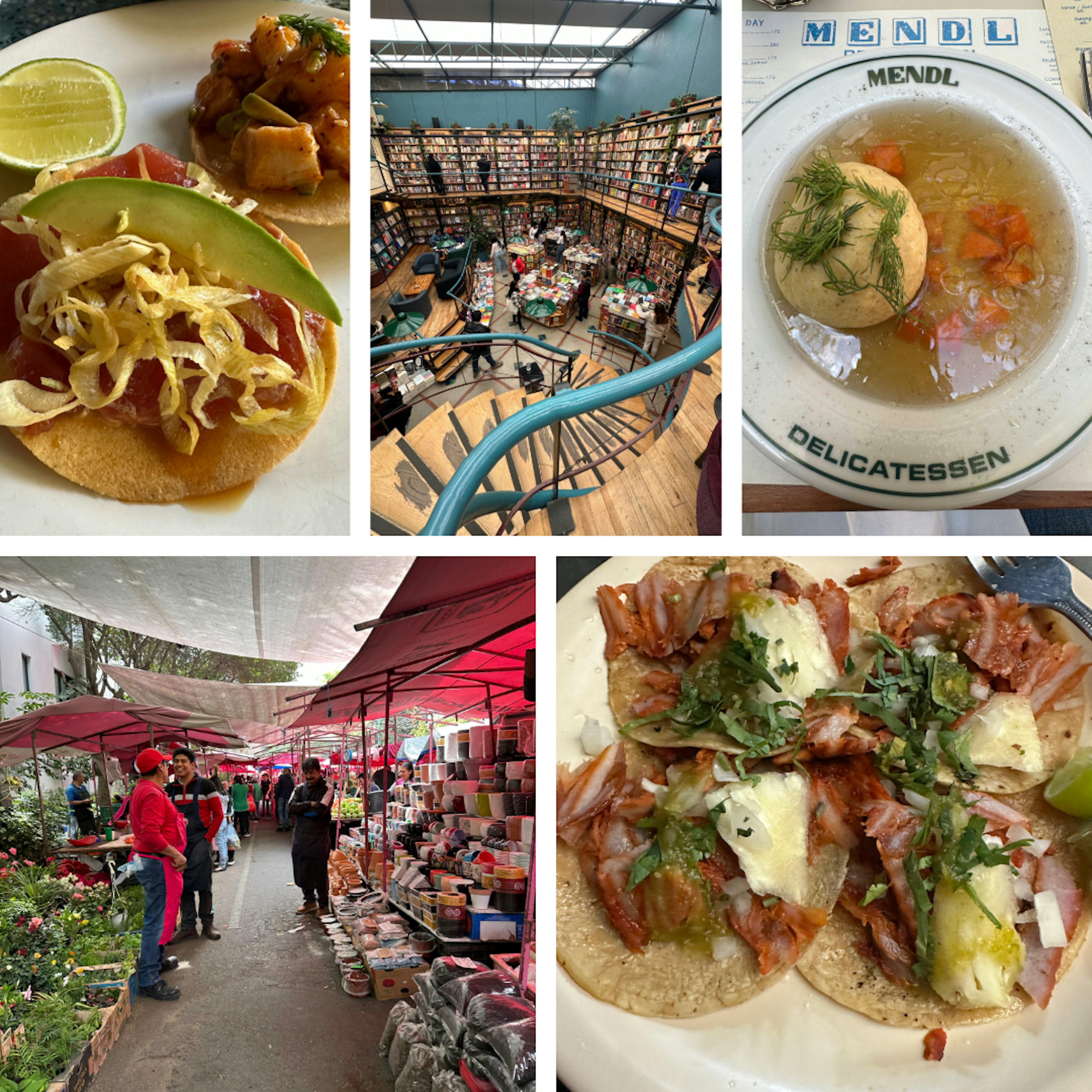Remote Working While Traveling in Mexico City
Have you ever had the desire to pack up your belongings and temporarily relocate to another country? I found myself pondering this last fall, especially since my landlord proposed a rent increase as my lease was ending. As someone enjoying the benefits of remote work, I realized this was the perfect opportunity to explore various destinations while working. Consequently, I began researching digital nomad-friendly locations.
It felt like fate when I decided to store my belongings and fully immerse myself in the culture of a new country. For this adventure, I selected Mexico City, renowned for its vibrant atmosphere, delicious cuisine, artistic expressions, and pleasant weather, particularly in January.
This is my second lengthy overseas stay and my first extended experience with remote work while abroad. Here are my reflections for anyone considering a similar journey.
Logistics Are Key, but Worth the Effort

The initial step is choosing your destination and the duration of your stay. Researching various countries can reveal invaluable insights regarding costs and internet reliability. Additionally, exploring personal needs for effective work and comfort in a foreign environment is crucial. Questions to consider include:
- Do you need to work the same hours as back home?
- What type of accommodations will make you comfortable?
- Are you alright with potential language barriers?
- What amenities are essential for your well-being, such as grocery access or fitness facilities?
Planning can indeed feel overwhelming, but there are services available that can assist with the logistics. I’ll delve into one I utilized later in this article.
Review Your Company Policies and Communication
Even if your role isn’t entirely remote, there may be opportunities for temporary assignments abroad. Check your employer’s handbook for any working sabbatical options or remote work policies. If such options don’t exist, consider discussing the possibility of a temporary arrangement with your manager.
If you are a fully remote employee, it’s still prudent to verify company policies before relocating. Working abroad could inadvertently lead to complications such as international business tax implications or violation of agreements. Remember that it’s important to maintain transparency with your employer before making any plans.
Anticipate Culture Shock
Regardless of your travel experience, adapting to a new culture can induce varying levels of culture shock. From navigating language barriers to adjusting to new housing conditions, immersion in a different environment requires flexibility. Common symptoms of culture shock include:
- Feeling fatigued or struggling to sleep.
- Experiencing anxiety or discomfort in unfamiliar situations.
- Periods of irritable feelings or homesickness.
Recognizing and managing these feelings is essential for personal growth during your stay.
Learn the Language
To ease the adjustment period, learning the local language is beneficial. I chose to hire a language tutor to refresh my Spanish skills, dedicating time each week to improve my conversational abilities. Engaging in daily activities such as grocery shopping or attending classes became practical opportunities for practice.
Embrace Everyday Adventures

My time in Mexico City was filled with visits to museums, eateries, and local markets. I enjoyed a more relaxed itinerary, allowing me to seamlessly integrate adventures into my daily life rather than overwhelming myself with a packed schedule.
Consider Taking Time Off
Balancing work and exploration can be taxing. I wish I had taken more days off to truly engage with the city. Remember that though you may feel like you’re on vacation while working, it’s vital to recharge and ensure you’re able to experience everything the destination has to offer.
Booking Services to Simplify Your Adventure

Given the intricacies of planning, I opted to utilize a service dedicated to supporting remote workers in organizing their adventures. While I could have managed independently, having assistance with logistics simplified my transition.
During my travels, I engaged with a service that arranged not only short-term accommodations but also provided workspace options and organized social events—making it easier to connect with others and share experiences.
In conclusion, committing to a digital nomad lifestyle can be both rewarding and challenging. By cultivating thorough preparations and remaining adaptable, you can transform a working trip abroad into an enriching experience that blends professional and personal growth.




